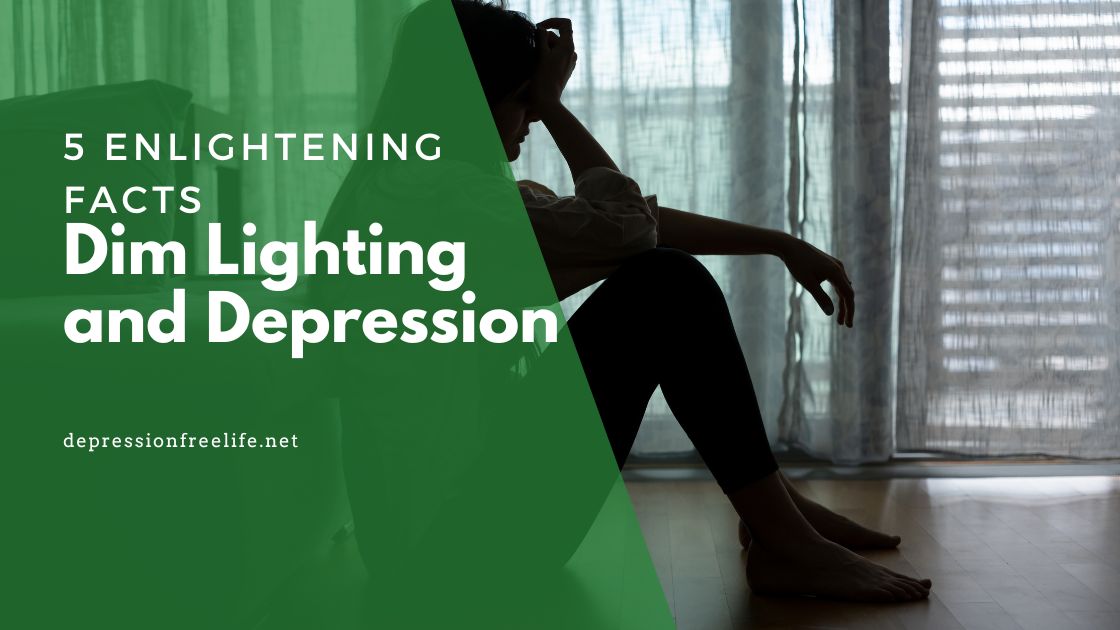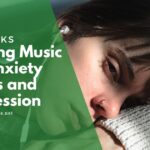Are dim lighting and depression linked? It is well known that bright lights can have a positive effect on mood, while dim lighting can be linked to depression. Dim lighting has long been associated with feelings of sadness and despair, but research suggests there may be much more to this connection than previously thought.
In this article, we will explore five enlightening facts about the link between dim lighting and depression. We will discuss how exposure to low light levels affects our mental state, as well as some potential treatments for people who suffer from seasonal affective disorder (SAD).
Dim Lighting and Depression Quick Guide
It is important to note that the effects of dim lighting and depression can vary from person to person and additional research is needed to better understand its impact on mental health. Here are five facts about the matter. For more details continue below.
- Dim lighting can have a negative impact on our home lives and workplace
- Low levels of natural sunlight have been linked to an increased risk for (SAD)
- Exposure to dim lighting can lead to an increase in the melatonin
- Dim lighting may lead to reduced levels varying of Vitamin D
- Dim lighting disrupts your daily circadian rhythm
Dim Lighting and Depression: 5 Enlightening Facts
Both natural and artificial light can have a significant impact on your body and mind, regardless of your location. Continue to learn more about the link between dim lighting and depression with the facts described below.
If you are experiencing depression or other mood-related issues, seek professional help as soon as possible.
#1 Dim lighting can have a negative impact on our home lives and workplace
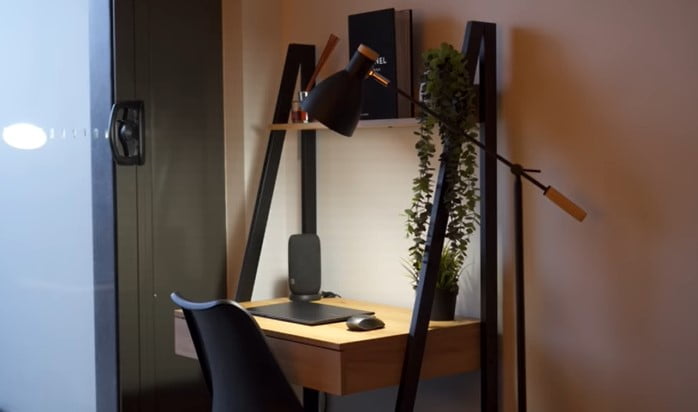
At night, we use different types of lighting in our homes to match the natural shifts in sunlight. Bright lighting, or task lighting, is used when we’re active, while accent lighting, or dim lighting is used when we’re winding down.
However, both bright and dim lighting can have negative effects on our home lives. For example, bright lighting in dining areas may decrease appetite, while dim lighting could lead to overeating. The most significant impact that lighting has on our home life is on our quality of sleep.
Insufficient lighting as well as harsh or excessively bright lighting can both have negative effects on work productivity. It’s not just a matter of the amount of light provided, but also factors such as the intensity, softness, temperature, and color of the light source that can significantly impact productivity in the workplace.
#2 Low levels of natural sunlight have been linked to an increased risk for (SAD)
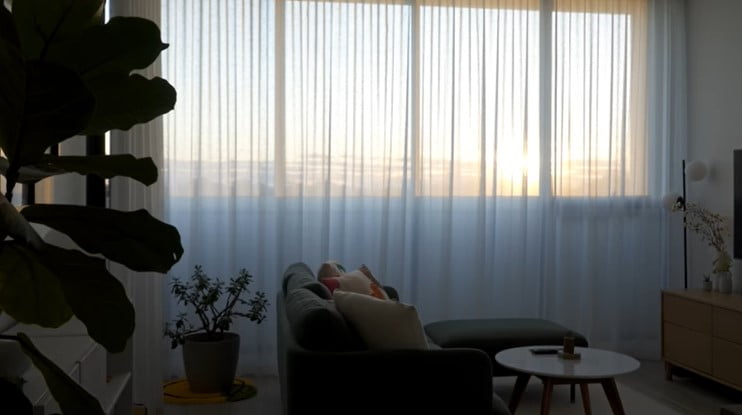
Low levels of natural sunlight have been linked to an increased risk for the seasonal affective disorder (SAD), a form of major depressive disorder characterized by winter-onset depression and decreased energy levels on sunny days in summer months as well as autumn and winter seasons when daylight hours are shorter than normal.
#3 Exposure to dim lighting can lead to an increase in the melatonin
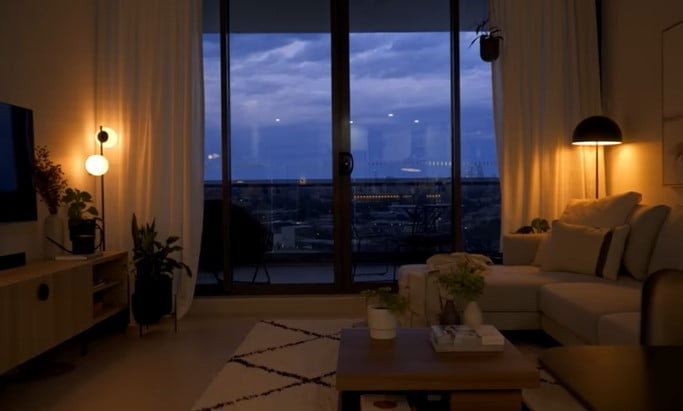
Exposure to, dim lighting can lead to anxiety an increase in the production of melatonin, etc, which., has been since linked with feelings of depression.
Dim lighting has been associated with an increased risk of developing depression. Studies have shown that people who spend more time in dimly lit environments are at a higher risk for developing symptoms of depression and other mental health issues.
#4 Dim lighting may lead to reduced levels varying of Vitamin D

Insufficient amounts of sunlight exposure due to dim lighting may cause reduced levels varying of Vitamin D, which is known as the effects “sunshine vitamin” because it can only be obtained from direct sunlight exposure or supplements; low levels are associated with increased brain risk for depression and other mental health issues such as anxiety disorder or Seasonal Affective Disorder (SAD).
#5 Dim lighting disrupts your daily circadian rhythm
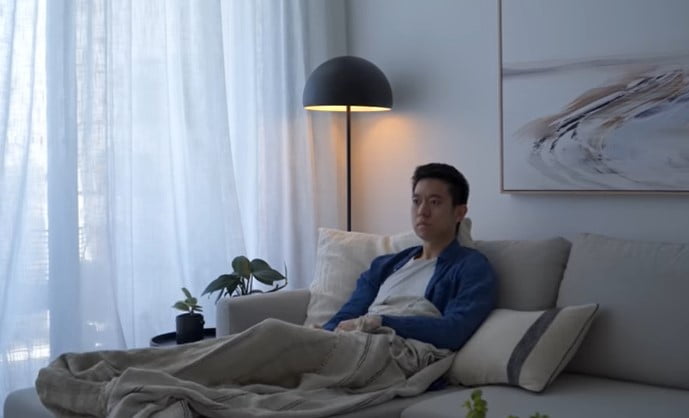
Different Dim lighting disrupts your daily circadian rhythm making it difficult for you to stay alert during the daytime or fall asleep at night leading to further feelings of fatigue and depression and producing different effects on the body. Dim lights may make it harder for you to stay awake during the day or fall asleep at night leading to further feelings of fatigue and depression.
Common Questions About Dim Lighting and Depression
Why do some people like to dim lights?
Dim lighting can be helpful in relaxing and winding down after a long day’s work. It creates an ambient mood that aids in unwinding after a stressful day. Looking at objects in dim lighting is relaxing and can calm the mind, making one feel more comfortable and relaxed.
Can bad lighting cause depression?
It may be surprising, but inadequate lighting can lead to low mood and lack of vitamin D, whereas appropriate lighting can boost energy and uplift the spirits. There are also some studies that suggest lighting can impact one’s appetite.
Poor sleep, low mood, and depression were found to be associated with working in an office without natural light based on an analysis of participants’ stress hormones, melatonin levels, and questionnaire responses.
How does dim lighting make you feel?
According to certain studies, intense emotions are often caused by a brighter light, while low light does not eliminate emotions but rather stabilizes them. As a result, people may be more capable of making rational choices in low-light conditions and find it easier to come to agreements with others during negotiations.
How is SAD treated?
There are four primary categories of treatments available that can help individuals with SAD and may be used alone or in combination. They include light therapy, psychotherapy, antidepressant medications, and Vitamin D. It is recommended that you discuss with your healthcare provider which treatment or combination of treatments is best suited for you.
Video Seasonal Affective Disorder and Winter Blues: Treatment Options: Light Therapy for SAD
Want to know more about dim lighting and depression? This video provides tips on how to combat the winter blues caused by seasonal affective disorder, a form of depression linked to seasonal changes that affect approximately 20% of Americans.
Final Thougts
Now that you know about dim lights and depression we can say that, dim lighting has a significant effect on one’s mental health and state of mind. It is important to make sure that you are aware of the effects it can have on your mood and take measures to ensure that you are not exposed to too much or too little light in order to protect yourself from depression.
If you find yourself feeling down for extended periods of time, talk with your doctor about what changes may be necessary in order to help improve your overall well-being. With proper care, support, and understanding, we can all work together toward improving our mental health by being mindful of how dim lighting affects us emotionally.

